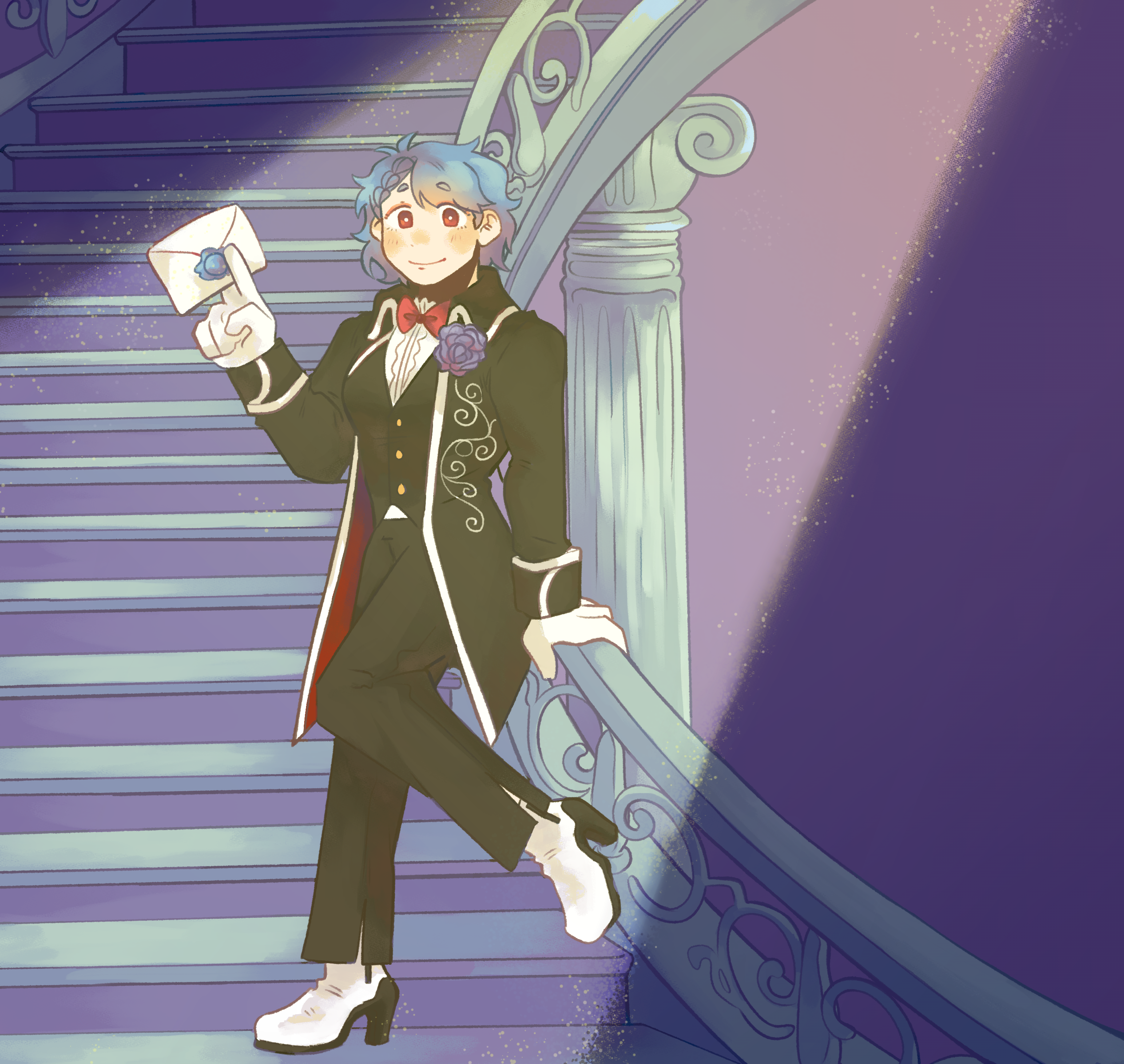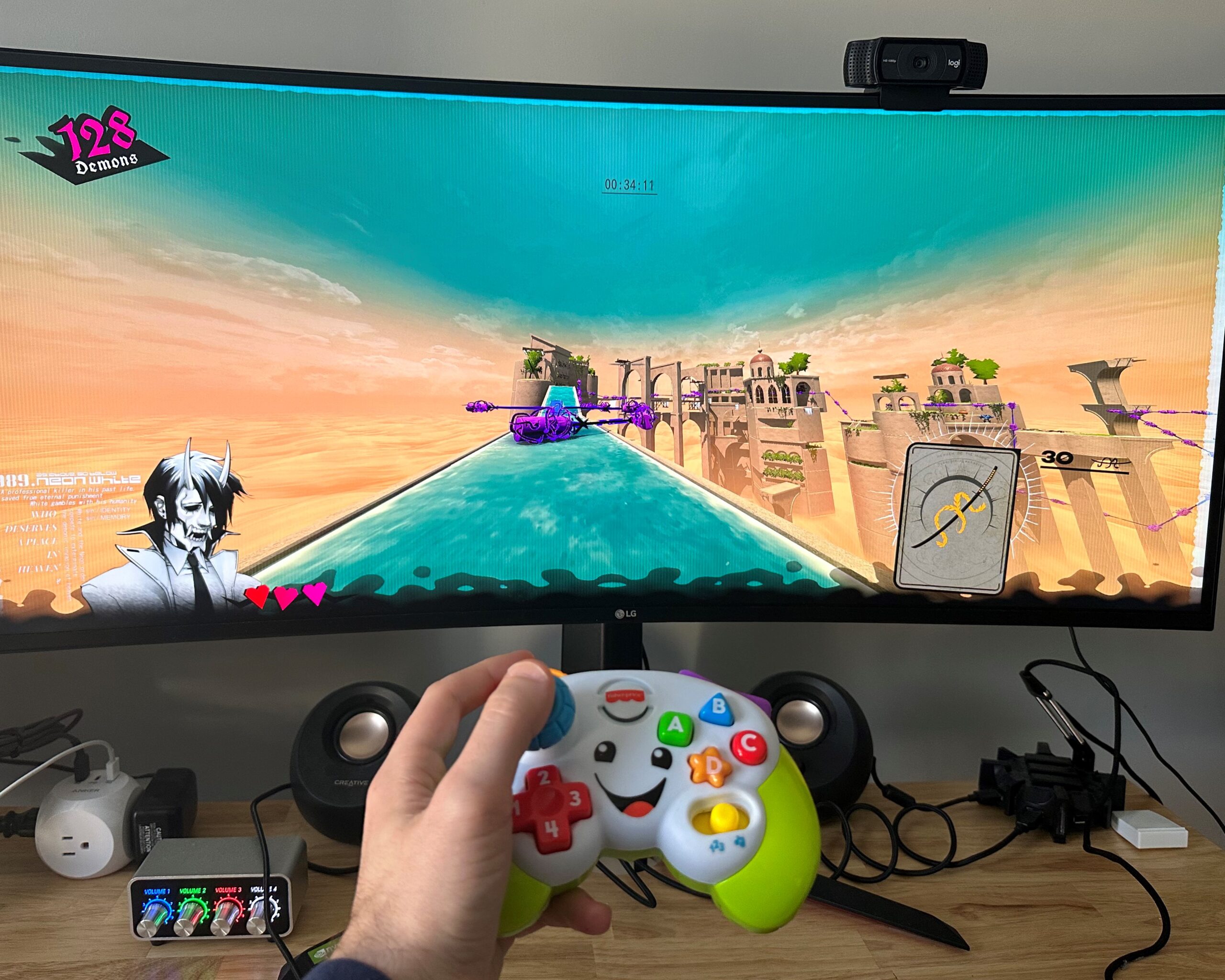Written by guest writer and friend of the site, Ethan Morris.
Dragon Quest is known as a conservative series, keeping the same key creative team for its entire history and sticking with the same basic gameplay mechanics and themes every numbered entry. But beneath the surface, there’s actually quite a bit iteration from game to game. Similar battle rules are used in different contexts, similar themes are reached through different story beats.
As I played through the first 70 hours of Dragon Quest 11, I was disappointed that the iteration seemed to have stalled. After Dragon Quest 9 and 10 experimented with multiplayer, Dragon Quest 11 brought the series back to a single player story driven JRPG adventure and it felt… old. Polished and pleasant to be sure, but the main innovations seemed to be lifting the skill board from SMT Digital Devil Saga 2 and lifting the 2 act structure from Final Fantasy 6 or Zelda Ocarina of Time.
Now that I’ve finished the game my criticism of the combat and character progression stands. The game does some good things with making certain parts of each character’s skill board unavailable or expanded based on events in the character’s life, but that does very little to make the game feel interesting to play fight by fight. This is a game where I set combat to auto battle and left it there for the vast majority of the experience just because I never shook the feeling that I’d fought all these fights a thousand times before in a hundred other games.
The story, however, came together in a way that justified the entire 98.75 hour endeavor. The bulk of the game is spent following a classic video game two act structure. In the first act the player explores a vibrant world, meets memorable characters, and prepares to fight the evil du jour. After completing the necessary trials the player goes to face the great evil and loses badly. The bad guy wins and takes over the world. Queue a time lapse, and then the second act retraverses the places and faces of the first in the newly ruined world as the heroes gear up for round two against the big bad.
This is a brilliant RPG structure – not only does the big mid-game loss serve to establish the strength of the villain, but the extensive time spent in the world pre-bad guy ascension lends actual stakes to the old “save the world” shtick. In Final Fantasy 6 the World of Ruin resonated because the player had been to these places and spent time with these characters. In Ocarina of Time’s second act Goron’s City wasn’t just an abandoned ruin, it was the skeleton of a place the player had personally experienced being lively and filled with goofy rock dudes.
Honestly, Dragon Quest 11 might be my favorite execution on this structure I’ve experienced. The game really lingers in that moment of defeat. While the main character is out of commission the player is treated to playable episodes showing what the other party members do on their own. They don’t tend to end well! Playable vignettes of defeat set the tone for how bad things have gotten, and that’s before the church full of dead people. Even when the player has gotten the gang back together and has a new plan to take down the villain Mordegon, many towns you revisit have their own small tragic episode. There are powerful moments of grief incorporated throughout this adventure.
All of this leads to an unusually motivated final boss fight and a bittersweet ending as the credits roll. There is grieving to be done, there is a world to be rebuilt, but the evil is gone forever. You can now make the most of the rest of your lives, and live on for those who did not.
Except it’s not a two act game
After the credits roll there’s a “to be continued,” and it’s not talking about a sequel. If you boot that file back up, the story continues and goes well off the beaten path. Despite there being no mention of this magic anywhere previously, suddenly Dragon Quest 11 becomes a time travel story. The hero leaves his companions behind, zips back to just before the big act 1 finale, and kicks that bad guys butt. Empowered with knowledge of what’s coming (and also another 30 hours of leveling up) the hero just nips the evil plot in the bud.
I didn’t care for this at first blush – it’s a bit anticlimactic isn’t it? But even after going back and changing the course of history still the story is not complete. The game contrives another evil force the hero must face and then sets the player loose on the world for a third go around. The world is filled with a bunch of new quests and bosses set to the appropriate endgame level and the player is free to warp to any location they want and tackle things in any order.
As I dutifully visited points of interest and saw stories from the second act retell themselves, I realized what was happening. Far from act 3 of Dragon Quest 11 being an anticlimax, it’s a power fantasy. Every horrible thing that happened through all of act 2, every impossible resolution and necessary sacrifice… what if you could resolve them? What if you didn’t need to make that sacrifice?
What if you could travel the world handing out Happily Ever Afters like Oprah gave out cars that one time? If a game were to default to this mode of storytelling we would call it shallow. If a story only ever hits one beat and every arc resolves the same way, that’s trite- tiresome even. But in Dragon Quest 11, you are armed with 70 hours of understanding that sometimes things can’t just be fixed before the game takes off the guard rails.
When we say “power fantasy” in video games it usually talking about violence. Theft. Sex and destruction. Taking what you want, doing what you want, never facing consequences. But it doesn’t have to be that way! The fantasy to have the power to fix that which could not be fixed.. It’s a very resonant fantasy in 2019, isn’t it? What if I COULD redistribute wealth to end world hunger? What if I could save the rainforest and prevent global warming? What if I could free the entire world populace from the Murdoch media empire? There is so much hopelessness in the world, so many big problems that I just feel like I can’t tackle.
In Dragon Quest 11 I tackled them. Every one. I didn’t even need to, I was ready to face the final boss. But I wasn’t moving on until I dished out every last happily ever after to every previously intractable problem. Every community was whole. Everyone lived. And that is the fantasy I needed, one that no other game has ever let me live in.



